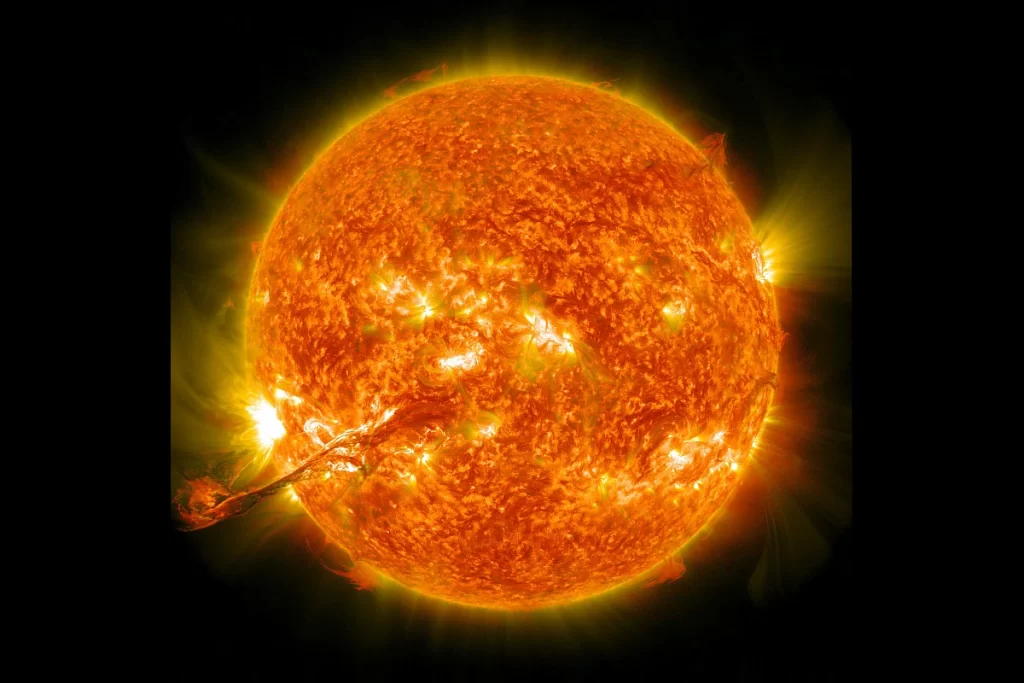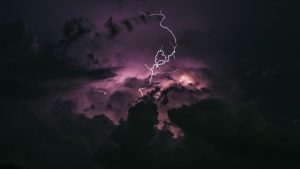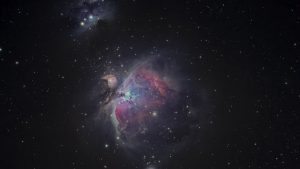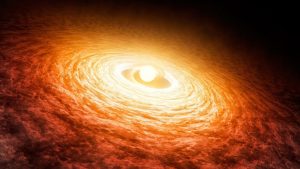Massive Earth-Facing Sunspot Rapidly Increases in Size, May Result in Auroras
In what could result in some magnificent auroras or Northern Lights, a spot on the surface of the Sun has been growing at a rapid pace and has become three times the size of Earth. The sunspot, Active Region 3038 (AR3038), has been found to be facing our planet and can probably emit some solar flares. The sunspot expanded more than double in size in just one day and i…

Experts have detected a spot on the surface of the Sun that has been growing at a rapid pace and is now three times the size of the Earth. The giant sunspot was recently pointed at Earth, with the possibility of solar flares and auroras. While solar flares are capable of harming satellites and power grids, astrophysicists explain that the phenomenon isn’t unusual, that it was expected during this time of the solar cycle and should not be a cause for concern.
While it may sound alarming, astrophysicists insist that the sunspot — Active Region 3038 (AR3038) — shouldn’t be a cause of worry. According to Rob Steenburgh, the head of the US’s National Oceanic and Atmospheric Administration (NOAA) Space Weather Forecast Office, such rapid growth in the sunspot isn’t an unusual phenomenon.
Steenburgh highlighted that expansion was expected during this time of the solar cycle. The cycle is an 11-year repeating system that began again in 2019. Allaying fears over the sunspot, Steenburgh said that such sunspots are not likely to produce any dangerous solar flares that can harm satellites and or affect the power grids.
Solar flares are formed when magnetic fields surrounding the sunspot break off, only to join back in complex patterns. The process of re-joining causes solar flares to be ejected into our solar system. If these flares were to hit our planet, they could damage critical infrastructure, especially those which are reliant on electricity. However, on the brighter side, the phenomenon can result in spectacular displays of green light in the sky, also known as auroras. The natural light show occurs when the ions from the solar flares hit Earth’s magnetic field.
The solar flares are less likely to be directed toward the Earth as the sunspot AR3038 has turned around and is not facing our planet anymore, according to the report.



